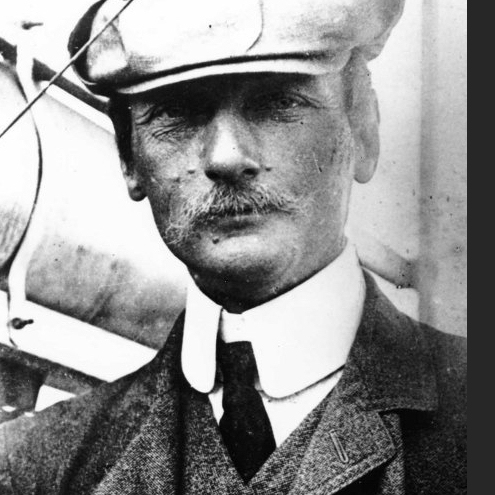French Revolution
On July 14 1789 with the storming of the old state prison of Paris, the Bastille, the French Revolution starts. The power of the nobility – with its privileges and immunity from taxation – and the clergy is broken and in the third year of the revolution the absolute monarchy is abolished. France becomes a constitutional monarchy. A changeable constitution of the state with a fundamental law arises, power is taken over by the middle classes. King Louis XVI tries to escape but is beheaded in the end. Also his much hated spouse Mary-Antoinette meets her end under the guillotine.
The revolution causes a break-up in the destiny of this family. Henri-Joseph marquis de Lambert (* 1728, x 1765 Paris: Marie Anisson-Duperron, † 1808) inspector and governor of Arras, Knight in the Order of the King, leaves the country in the company of his youngest son Charles-Marie (translated in the Ciryllic: Karl Osipovic) (* 1772 Paris - † 1843 district of Konstantinograd). At first the marquis enters the service of the contra-revolutionary army of the princes (1792) and he becomes a minister. Then he goes, like literally hundreds of French aristocrat officers, in exile to Russia.
The advent of the empire under Napoleon(e) B(u)onaparte does not cause them to return to France because, as keen adversaries of ‘the usurper’, they continue with zeal and without concerning themselves in the czarist army with the title of general.
Karl Osivopi?, already bearer of a considerable number of titles and honours such as lieutenant-general and inspector-general of the cavalry, becomes ‘general in service of Czar Alexander I’. On January 1 1795 he is Knight in the in czaristic Russia very highly regarded and exclusive, ‘Military Order of St. George’ Fourth Class nr. 588. This “as most gracious esteem for the professional zeal and the excellent bravery shown October 24 1794 in the reduction by storm of the by Polish patriots (commanded by Tadeusz Ko?ciuszko and consisting of an army mainly composed of farmers armed with scythes) “who stoutly defended the suburb of Warsaw called Praga where he was the first one with a number of riflemen who penetrated into a battery”.
“As reward for the bravery and audacity shown at the time of the fight with the French troops, in the night of December 23 on 24 1806, during the battle of Czarnowo, where he as commander of all advanced outposts, and by setting a fearless example he inspired his subordinates, and with the outposts he repulsed several times the hostile attack, during which he got injured at the leg” on January 31 1807 he receives the decoration of Knight in the ‘Military Order of St. George’ Third Class nr. 144. Furthermore he is raised to the Russian peerage on May 28 1836.

